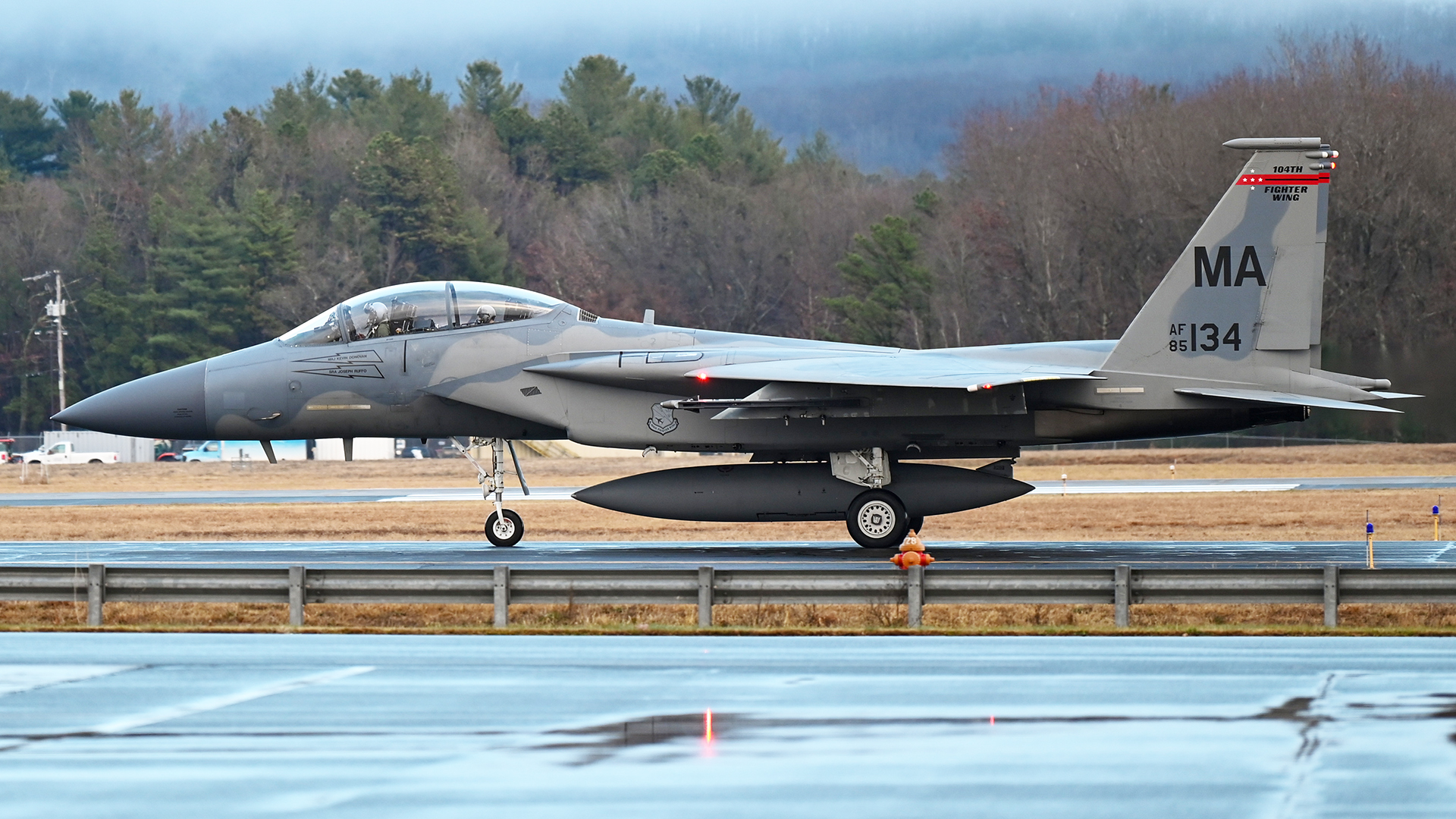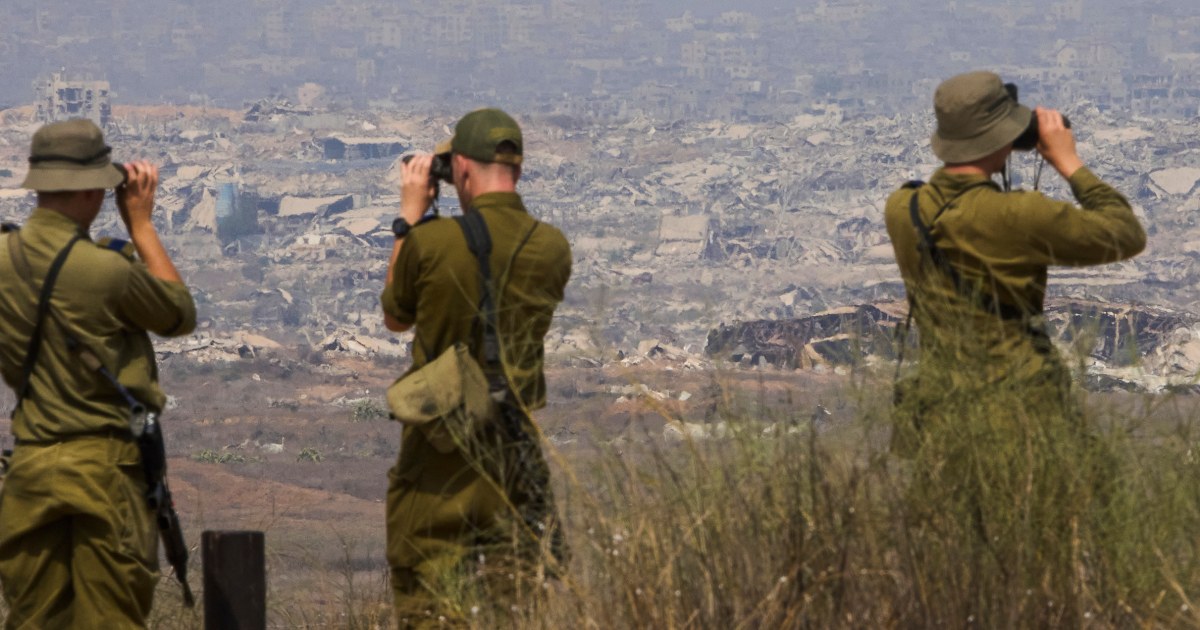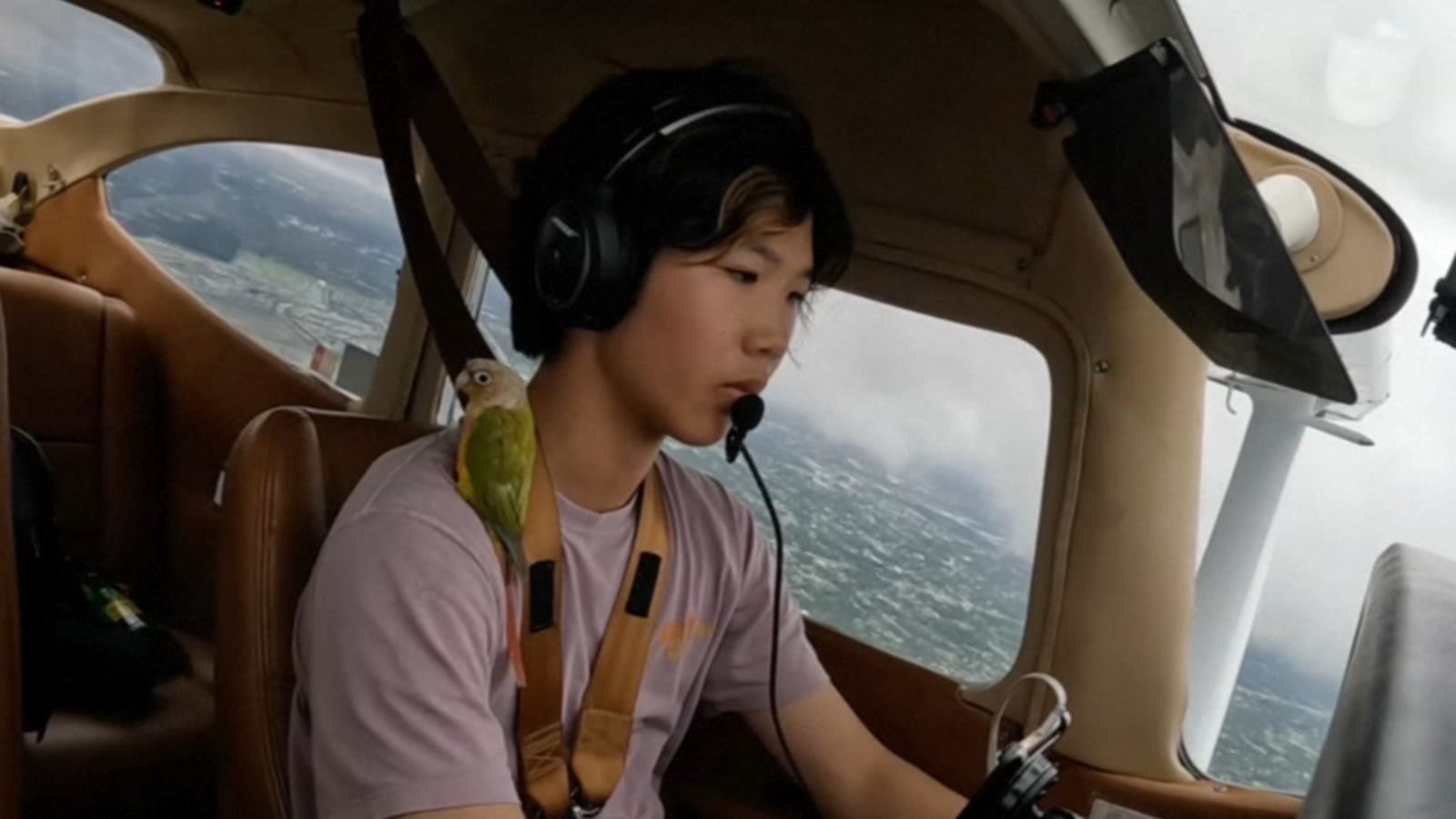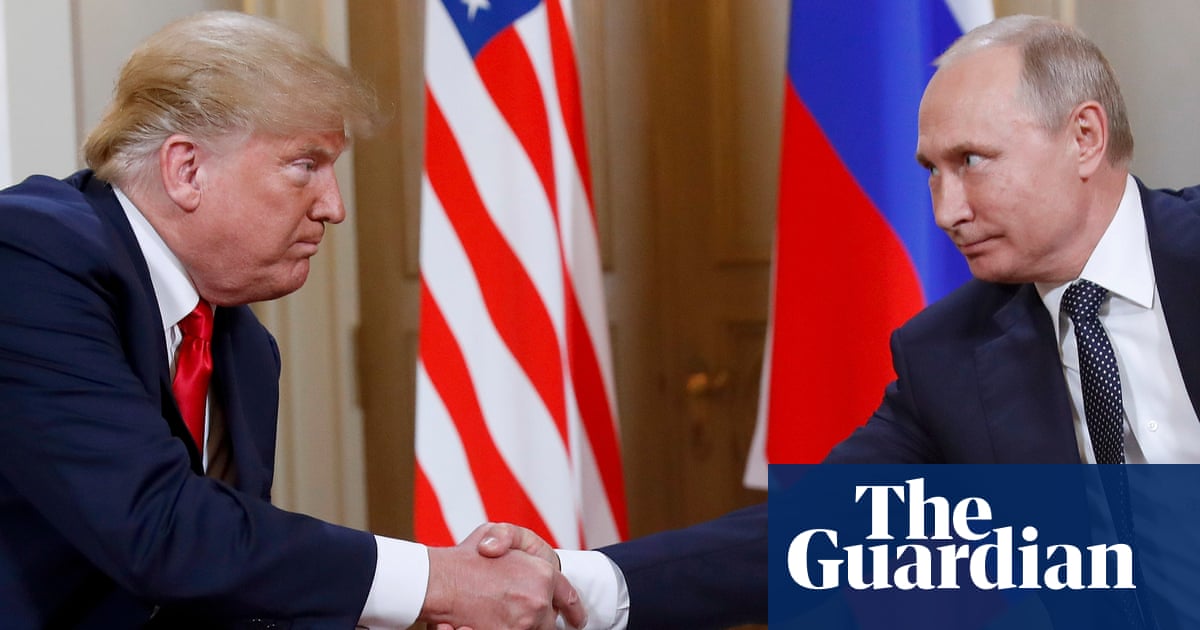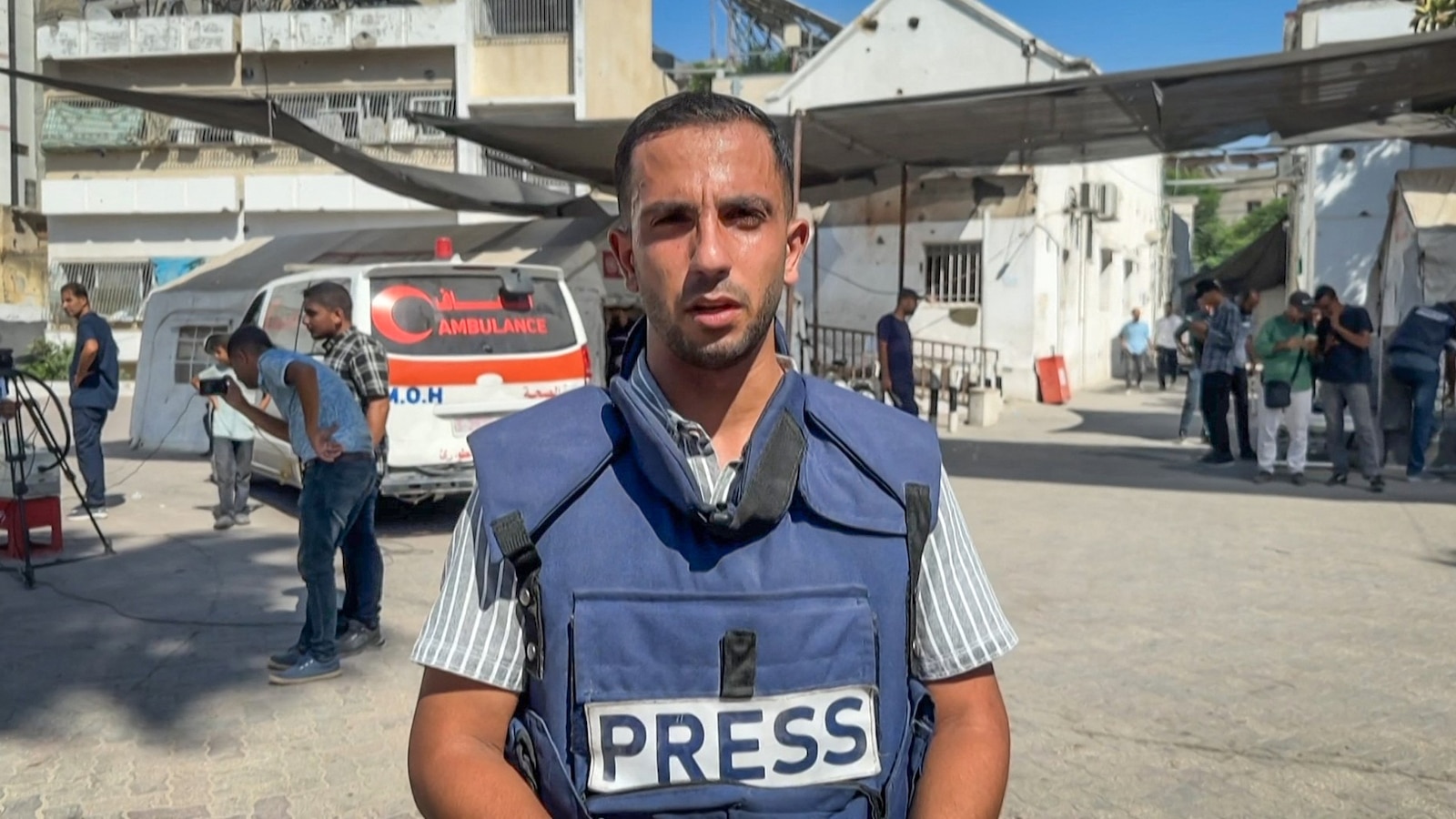Iran's Foreign Minister Engages in Tensions Mediation Between India and Pakistan
ISLAMABAD (AP) — In a significant diplomatic move, Iran’s Foreign Minister Abbas Araghchi held discussions with key Pakistani leaders on Monday, aiming to mediate amidst escalating tensions between Pakistan and India. These tensions have heightened following a tragic attack on tourists last month, which resulted in the loss of 26 lives, predominantly Indian Hindu visitors, in the Pahalgam region of Indian-administered Kashmir.
Araghchi’s visit marks the first instance of a foreign official engaging in talks in Islamabad since the violence erupted after the April 22 massacre. The Iranian government has expressed its willingness to serve as a facilitator in mitigating the rising discord between the two nuclear-armed nations.
During his visit, Araghchi conducted separate meetings with President Asif Ali Zardari and Prime Minister Shehbaz Sharif. Both leaders conveyed their appreciation for Iran’s efforts in promoting peace, as indicated by official statements. Following his discussions in Pakistan, Araghchi is expected to travel to India later this week, as reported by Pakistani state media.
In response to the mounting hostilities, Pakistan's military has been placed on high alert. This precaution follows statements from Cabinet Minister Attaullah Tarar, who cited intelligence reports suggesting a potential Indian military operation. Islamabad has firmly denied any involvement in the massacre of the tourists, offering to participate in an international investigation to clarify the incident. However, India has yet to accept this proposal. International leaders have increasingly urged both countries to exercise restraint to prevent further escalation of the conflict.
Foreign Minister Ishaq Dar, in remarks broadcasted on television, emphasized Pakistan’s commitment to restraint but warned of a decisive response should India take aggressive actions. He stated, “We will exercise full restraint, but if India takes any adventurous step, then we will give a befitting response.” During his discussions with Araghchi, Dar rebuffed what he characterized as India's attempts to implicate Pakistan in the recent Kashmir attack.
Dar also expressed his openness to mediation efforts to ease the tensions with India. He mentioned that in the past week, he has communicated with numerous foreign dignitaries, including U.S. Secretary of State Marco Rubio and Russian Foreign Minister Sergey Lavrov, in an effort to garner international support. He reiterated that Pakistan would not initiate any escalatory move, cautioning the international community that any act of Indian aggression would be met with resolute defense of its sovereignty.
Furthermore, Dar accused the Indian Air Force of attempting to penetrate Pakistani airspace on April 28, asserting that Pakistani forces successfully scrambled their aircraft to prevent the incursion and force the Indian jets to retreat. India has not yet responded to these allegations.
The situation in Kashmir remains fraught with tension, as it is a region claimed in its entirety by both India and Pakistan. The two nations have engaged in three wars largely over this Himalayan territory, and their relationship has consistently been marked by conflict, aggressive diplomacy, and a profound mutual distrust.
The recent spike in hostility resulted in both countries expelling each other's diplomats and nationals, coupled with the suspension of air travel between them.
In addition, Dar condemned India’s recent suspension of a vital water-sharing treaty, which has significant implications for the region. In Akhnoor, a town in Indian-administered Kashmir fed by the Chenab River, local residents reported alarmingly low water levels, with some claiming that the river was so shallow they could walk across it. Farmer Bal Krishan, 55, remarked, “I have never seen this river dry in my life,” adding that he supported “Modi’s decision to suspend the treaty and punish” Pakistan.
Meanwhile, Pakistani Information Minister Attaullah Tarar led a contingent of journalists to the village of Bella Noor Shah, near Muzaffarabad, the principal city in Pakistan-administered Kashmir. There, he claimed that New Delhi had misrepresented the situation by alleging the existence of a militant training camp in the area. Residents, however, refuted these claims, stating they had never witnessed any such facility.
In a show of military readiness, Pakistan’s armed forces conducted a test of a short-range missile on Monday, marking the second such test following a medium-range missile launch two days prior. The military stated that the Fatah surface-to-surface missile has a range of 120 kilometers (approximately 75 miles) and was launched from an undisclosed location. Typically, these missiles are aimed away from India, landing instead in the Arabian Sea or the expansive deserts of southern Balochistan province.
Additionally, Mushaal Hussein, the spouse of prominent Kashmiri rebel leader Mohammed Yasin Malik, criticized India for allegedly framing Pakistan in the narrative surrounding the tourist attack. Her remarks came after she attended a flag-lowering ceremony at the Wagah border, where she reiterated her husband's innocence. Malik has been imprisoned in India on charges related to terrorism since 2019 and married Hussein in Pakistan in 2009.
As the situation continues to evolve, the international community remains watchful, hoping that diplomatic engagements might lead to a de-escalation of tensions between these two historically adversarial neighbors.














